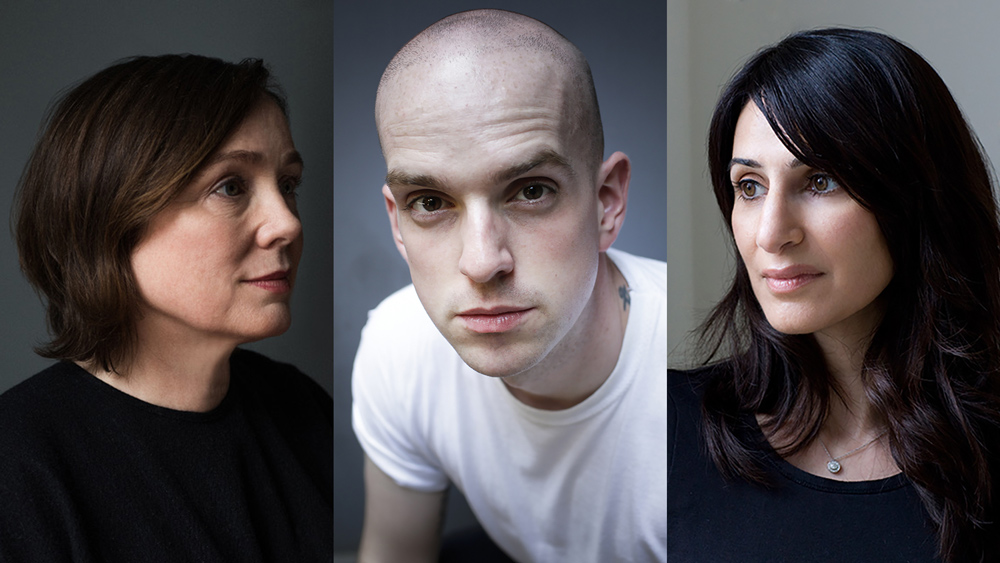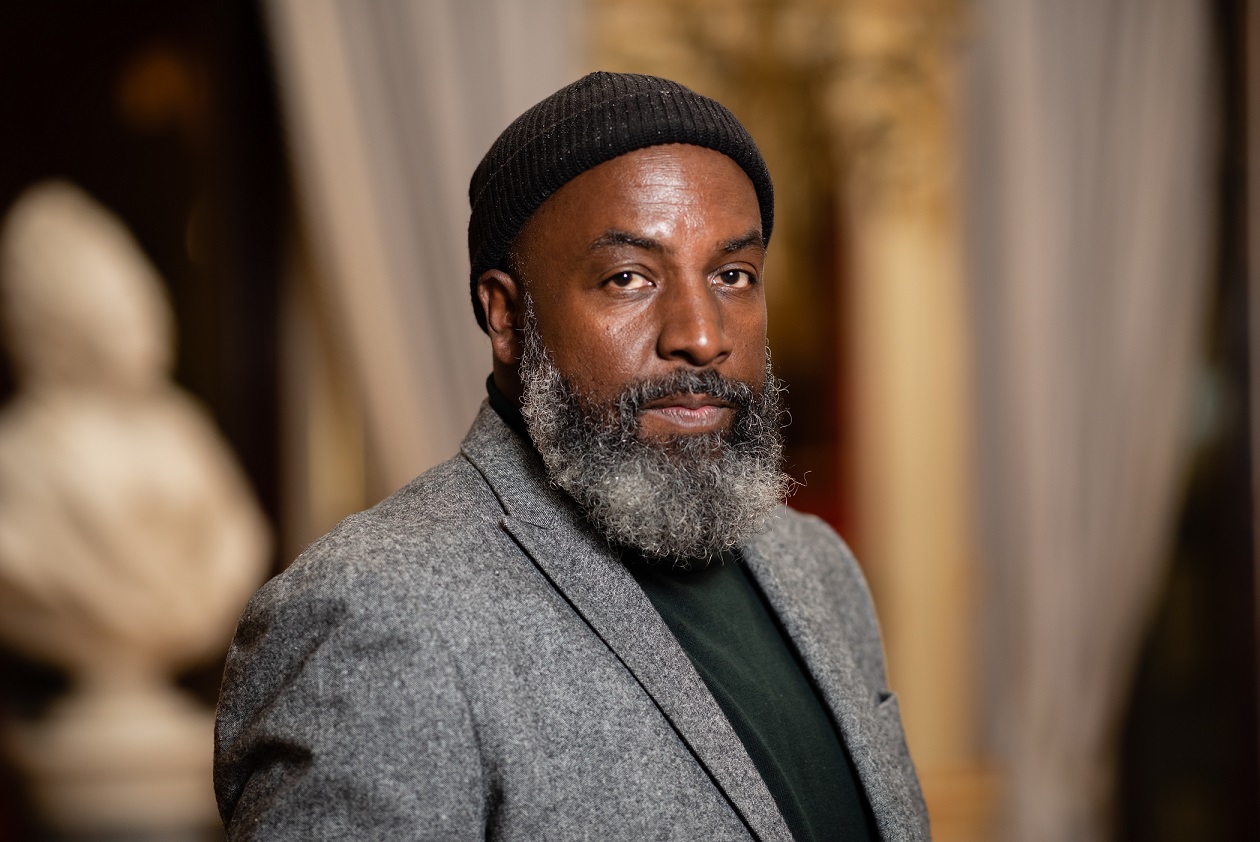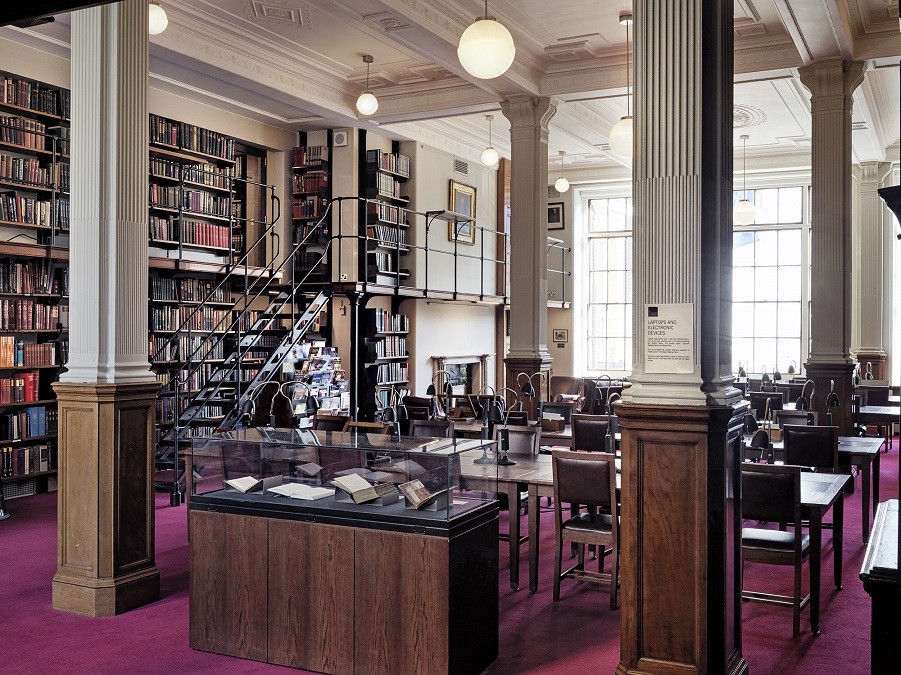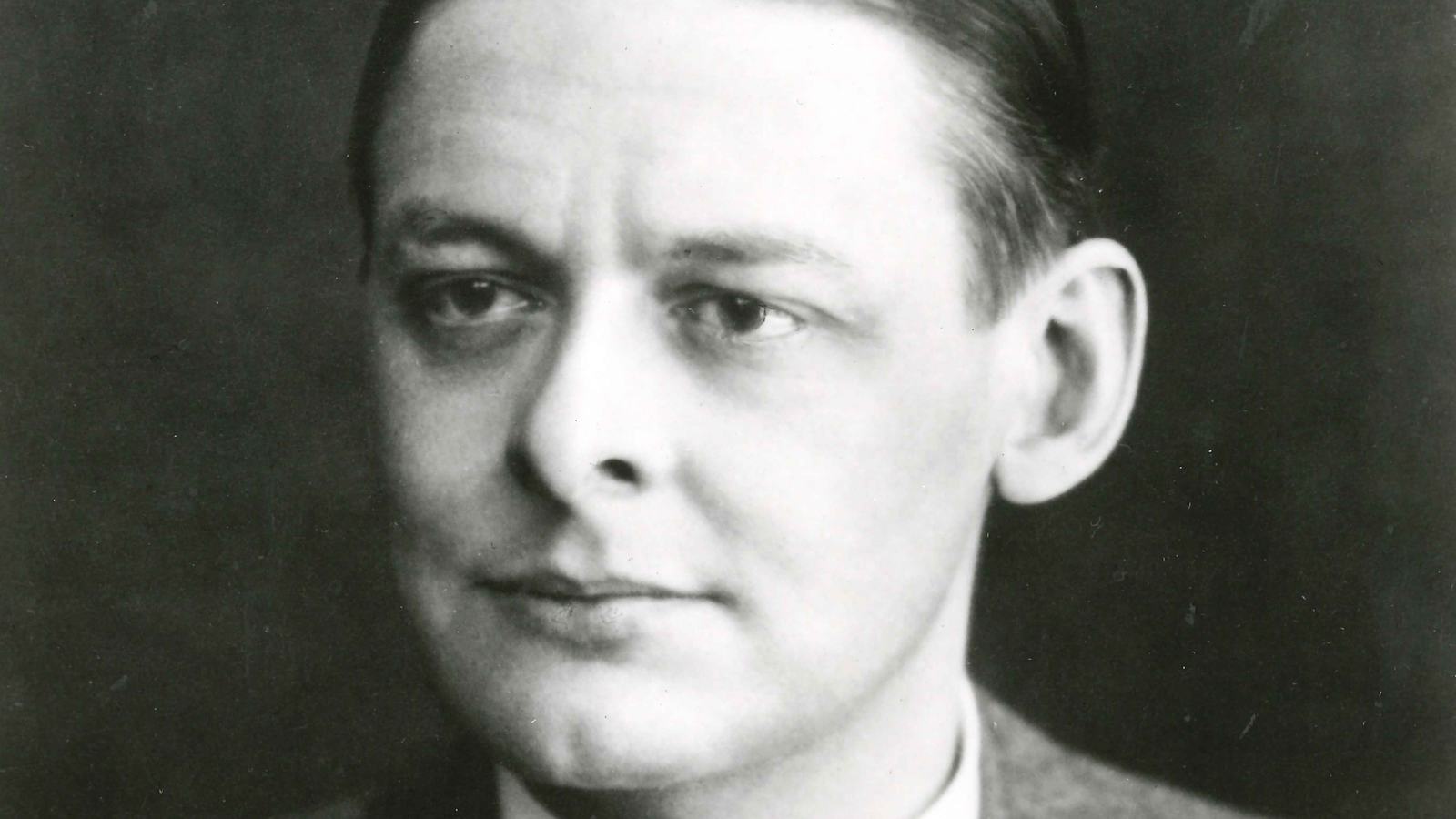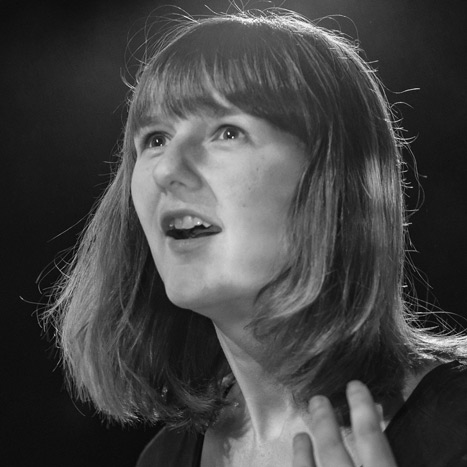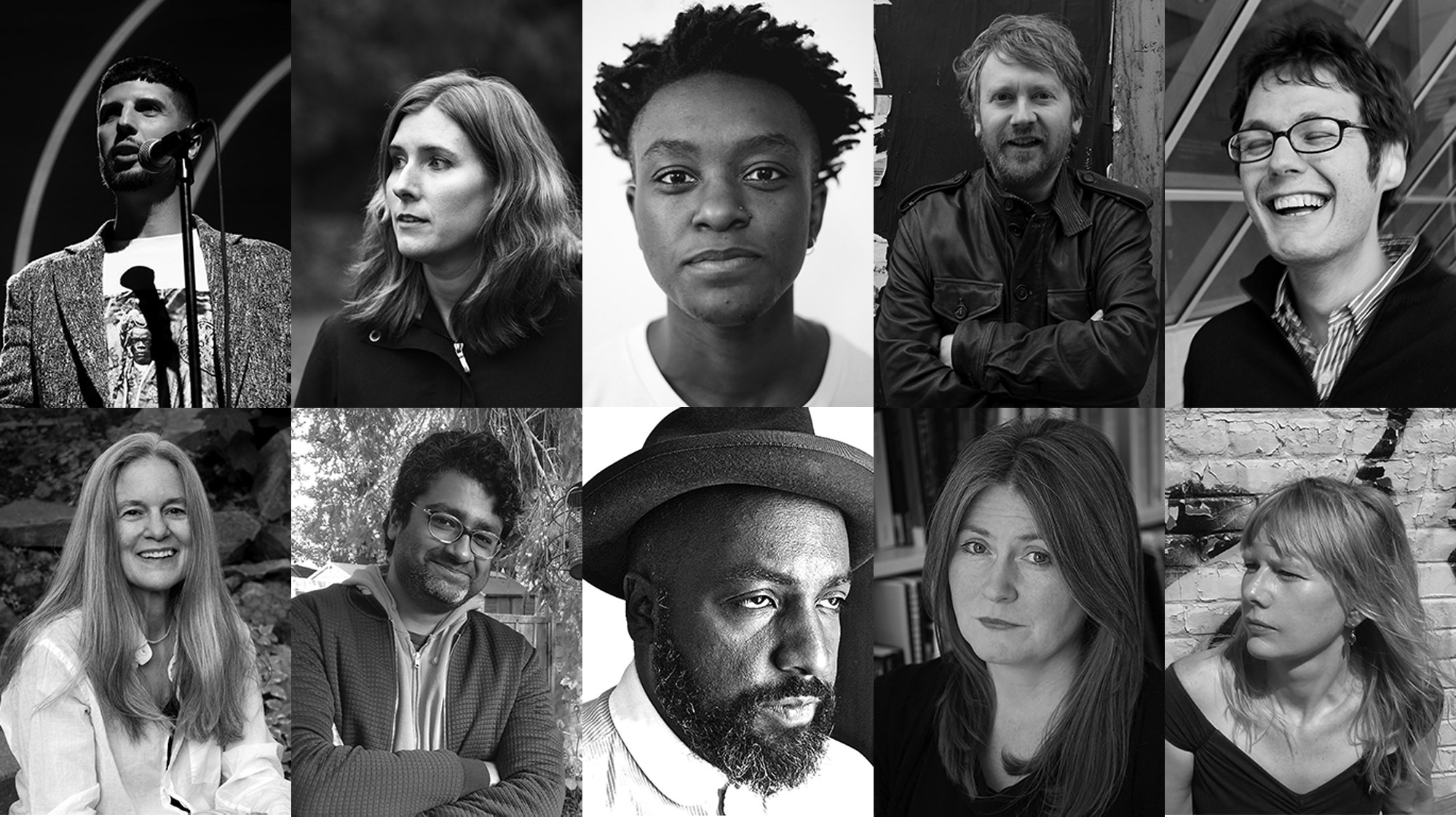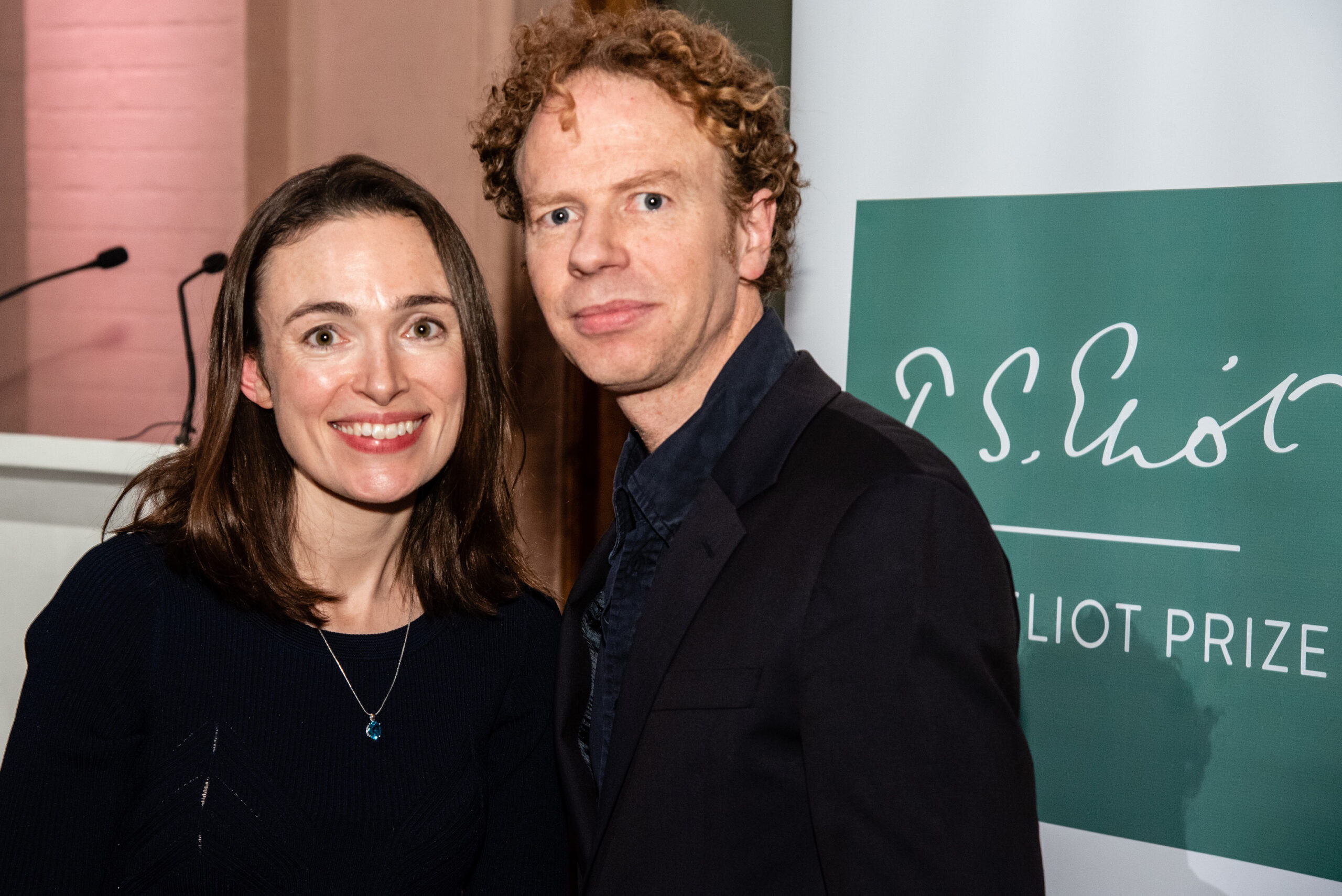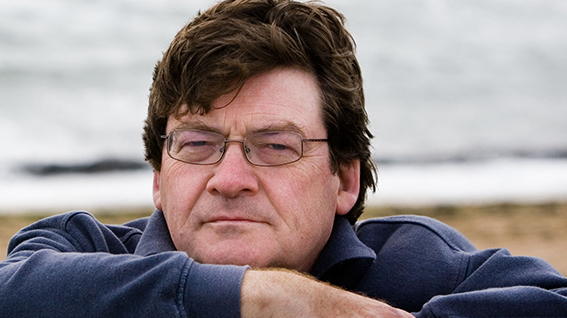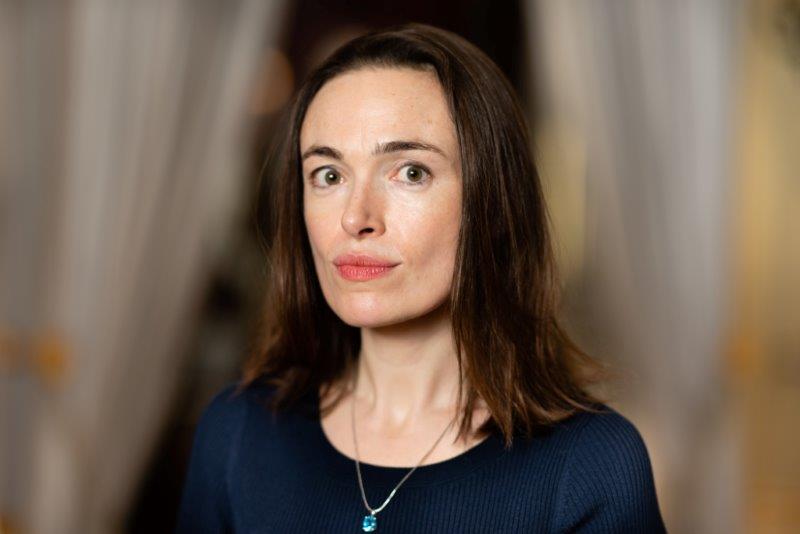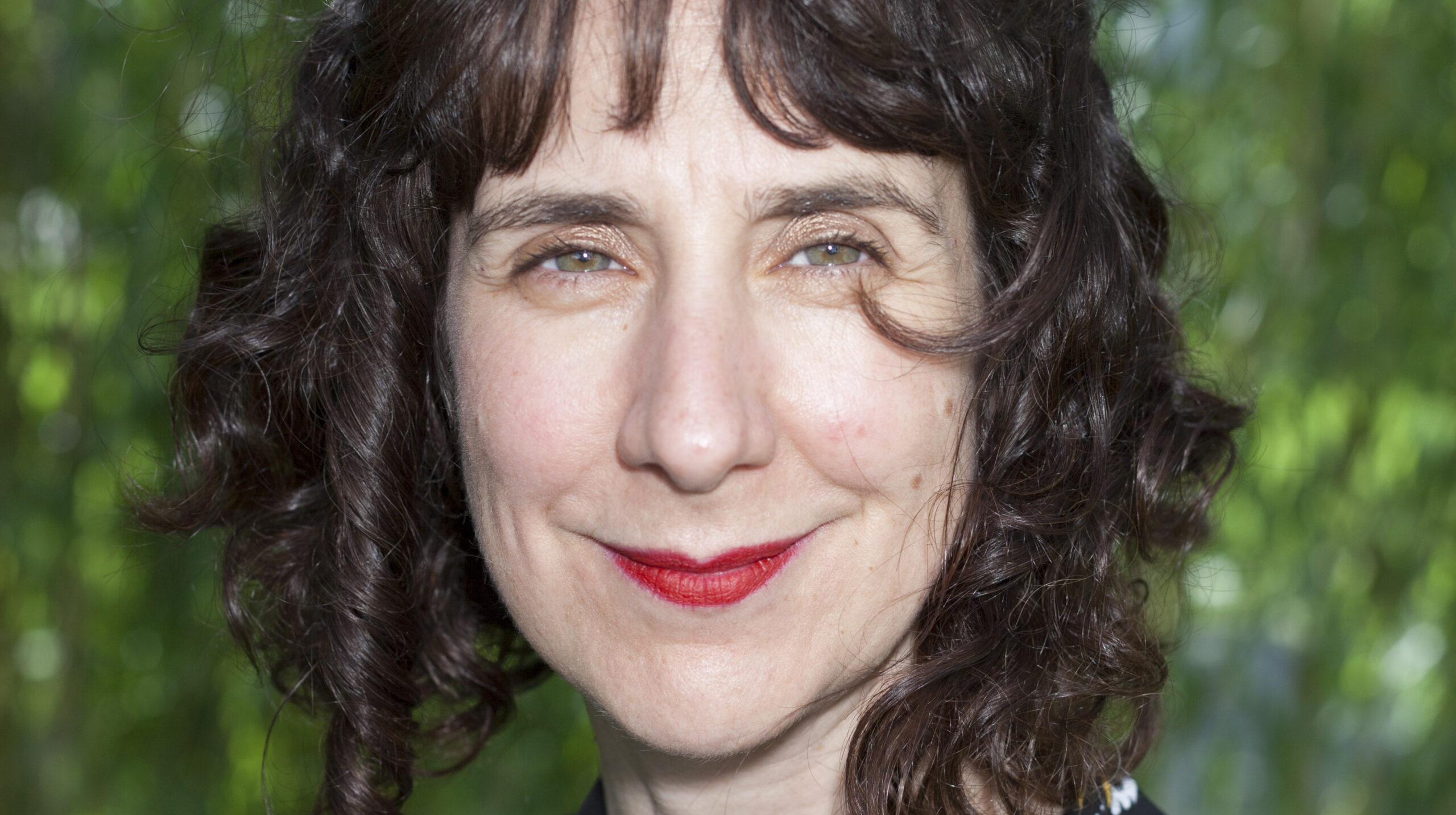T. S. Eliot Prize News
The T. S. Eliot Foundation is delighted to announce the judges for the 2020 Prize. The panel will be chaired by Lavinia Greenlaw, alongside Mona Arshi and Andrew McMillan. The 2020 judging panel will be looking for the best new poetry collection written in English and published in 2020. The...
Roger Robinson has won the T. S. Eliot Prize 2019 with his searing collection A Portable Paradise, published by Peepal Tree Press. After months of reading and deliberation, judges John Burnside, Sarah Howe and Nick Makoha unanimously chose the winner from a Shortlist which comprised five men, four women and...
It worked in The Waste Land. But it made work in the British Museum nearly impossible for a young T. S. Eliot. For no sooner had he settled at his desk each Saturday afternoon than, ‘there sounded the familiar warning’: ‘’Hurry up please, it’s time’. Employed at Lloyds bank, Eliot...
This year sees the 27th T. S. Eliot Prize being awarded, and the roster of past winners includes some very well-known poets alongside some lesser known authors that demand further attention. To refresh the memory of prizes past, the T. S. Eliot Prize website contains a trove of information on...
Judges John Burnside (Chair), Sarah Howe and Nick Makoha have chosen the T. S. Eliot Prize 2019 Shortlist from 158 poetry collections submitted by British and Irish publishers. Featuring new voices and veteran poets, and covering an extraordinary range of themes, the Shortlist comprises five men, four women and one...
Submissions for the T. S. Eliot Prize 2019 are now open and the call has been sent out to publishers. The 2019 judging panel will be chaired by John Burnside, alongside Sarah Howe and Nick Makoha. The judges will be looking for the best new poetry collection written in English...
The T. S. Eliot Foundation is delighted to announce the judges for the 2019 Prize. The panel will be chaired by John Burnside, alongside Sarah Howe and Nick Makoha. The 2019 judging panel will be looking for the best new poetry collection written in English and published in 2019. The...
The T. S. Eliot Foundation is delighted to announce that the winner of the T. S. Eliot Prize 2018 is Hannah Sullivan for her thrilling collection Three Poems, published by Faber & Faber. After months of reading and deliberation, judges Sinéad Morrissey, Daljit Nagra and Clare Pollard unanimously chose the...
Hosted by the inimitable Ian McMillan, the acclaimed T. S. Eliot Prize Readings on 13 January will showcase the poets shortlisted for the T. S. Eliot Prize 2018 by the judges, Chair Sinéad Morrissey, Daljit Nagra and Clare Pollard. All ten poets chosen by the judges have accepted the invitation...
